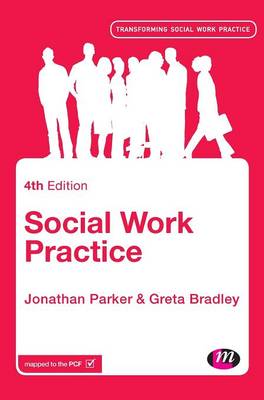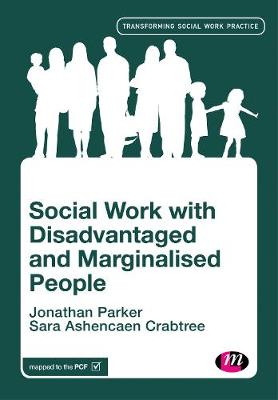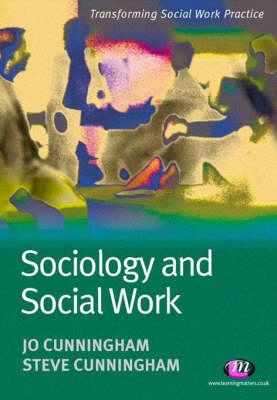Transforming Social Work Practice
4 total works
Key updates:
Part of the Transforming Social Work Practice series. All books in the series are affordable, mapped to the Social Work Curriculum, practical with clear links between theory & practice and written to the Professional Capabilities Framework.
Social Work with Disadvantaged and Marginalised People
by Jonathan Parker and Sara Ashencaen Crabtree
Social workers, whatever their specialism, practise with people at the margins of society. It is therefore essential that all social work students not only understand the powers and processes that lead to disadvantage and marginalisation but develop the knowledge and skills needed to bring about change and uphold social justice in all aspects of their professional practice. Split into three parts, this book considers what is meant by disadvantage and marginalisation, how this can come about and the impact this may have on lives, before unpicking the key knowledge and skills needed to practice effectively with individuals and groups. It then goes on to show what good ethical and reflective practice looks like, going step-by-step through the ins and outs of using the law and policy to bring about change before considering key ethical dilemmas in practice.



